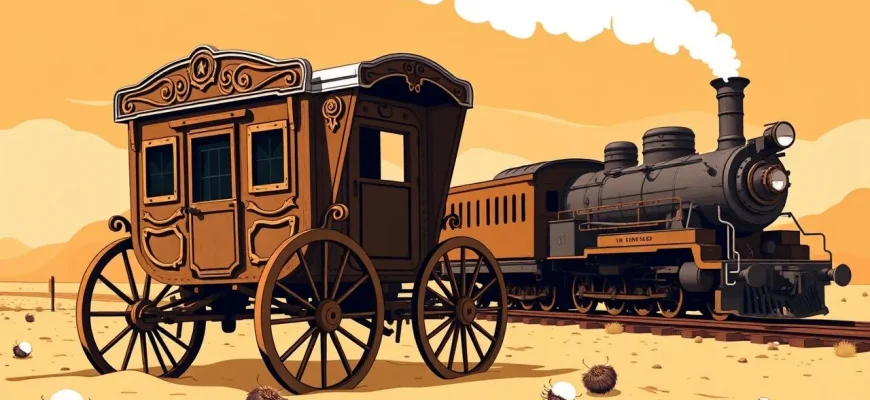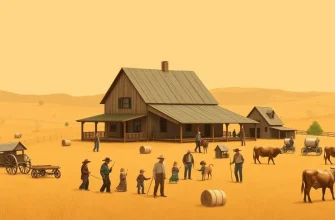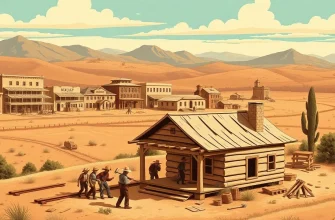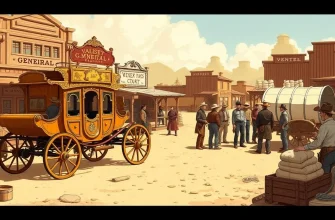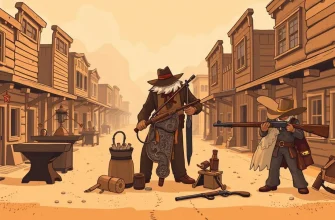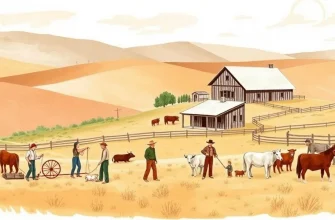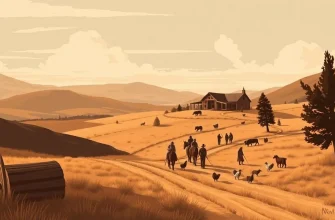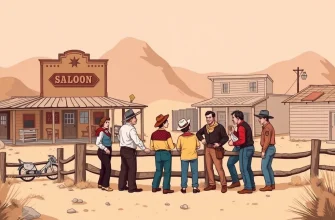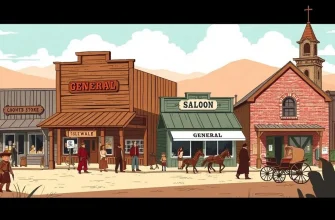The vast landscapes of the American West have always been a perfect backdrop for tales of adventure, lawlessness, and the pioneering spirit. This curated list of 10 Western films focuses on the theme of transport, showcasing how stagecoaches, trains, and other means of travel played pivotal roles in the narratives of the Old West. These films not only entertain but also provide a unique perspective on the importance of transportation in shaping the history and culture of the frontier. Whether it's a thrilling chase or a journey of self-discovery, these films offer a ride through time and terrain.
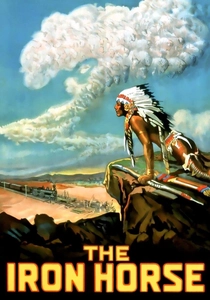
The Iron Horse (1924)
Description: This silent epic tells the story of the construction of the first transcontinental railroad, highlighting the struggles and triumphs of the workers and the impact of the railroad on the West.
Fact: The film was shot on location along the actual route of the transcontinental railroad, providing authentic backdrops.
 Watch Now
Watch Now
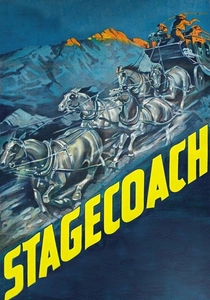
Stagecoach (1939)
Description: This classic film by John Ford is a quintessential Western that revolves around a stagecoach journey through dangerous Apache territory. The diverse group of passengers must navigate not only the physical perils but also their personal conflicts.
Fact: This film marked John Wayne's breakthrough role, and it was one of the first films to be inducted into the National Film Registry.
 Watch Now
Watch Now
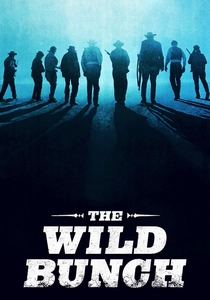
The Wild Bunch (1969)
Description: While not exclusively about transport, the film includes a pivotal train robbery scene, symbolizing the end of an era as the outlaws face off against modern law enforcement.
Fact: Sam Peckinpah's film was controversial for its graphic violence but is now considered a classic for its portrayal of the changing West.
 Watch Now
Watch Now
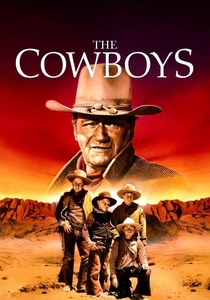
The Cowboys (1972)
Description: John Wayne leads a group of schoolboys on a cattle drive, which involves crossing rivers and dealing with train tracks, emphasizing the challenges of transport in the West.
Fact: The film was notable for its portrayal of children taking on adult responsibilities, a theme not common in Westerns at the time.
 Watch Now
Watch Now
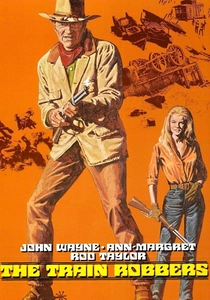
The Train Robbers (1973)
Description: John Wayne stars in this film about a group of men hired to recover a half-million dollars in gold stolen from a train. Their journey is fraught with danger and betrayal.
Fact: This was one of the last films John Wayne made, showcasing his enduring appeal in Westerns.
 Watch Now
Watch Now
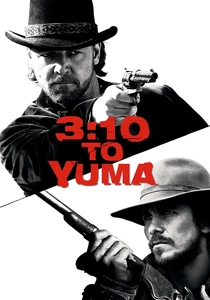
3:10 to Yuma (2007)
Description: This remake focuses on the journey of a rancher escorting an outlaw to catch a train, highlighting the tension and moral dilemmas faced during the trip.
Fact: The film was shot in New Mexico, providing a stark and authentic Western landscape.
 Watch Now
Watch Now
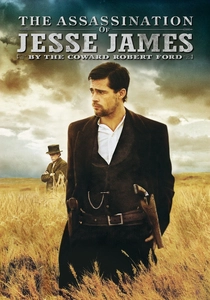
The Assassination of Jesse James by the Coward Robert Ford (2007)
Description: While not solely about transport, the film includes scenes of train robberies, illustrating how Jesse James used railroads to evade capture and conduct his criminal activities.
Fact: The film's title is one of the longest in cinema history.
 Watch Now
Watch Now
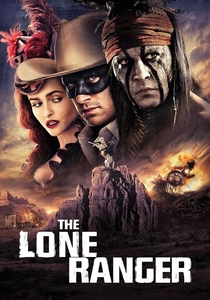
The Lone Ranger (2013)
Description: This modern take on the classic character features a thrilling train sequence where the Lone Ranger and Tonto thwart a robbery, showcasing the importance of rail transport in the West.
Fact: The film was inspired by the original radio and TV series, bringing the character back to the big screen after decades.
 Watch Now
Watch Now
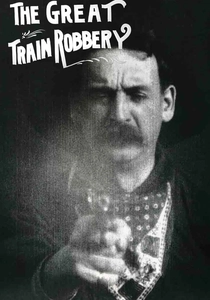
The Great Train Robbery (1903)
Description: One of the earliest Western films, it features a train robbery, setting the stage for many future Westerns. Its narrative structure and use of action sequences were groundbreaking for its time.
Fact: It was one of the first films to use parallel editing, and it's often credited with popularizing the Western genre.
 30 Days Free
30 Days Free
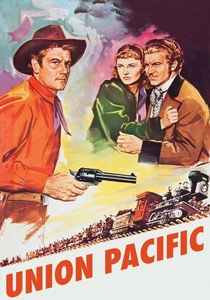
Union Pacific (1939)
Description: Another film about the building of the transcontinental railroad, it focuses on the race between two railroad companies and the sabotage they face, all set against the backdrop of the American West.
Fact: Cecil B. DeMille directed this film, known for his epic storytelling, and it was one of the first to use Technicolor.
 30 Days Free
30 Days Free

